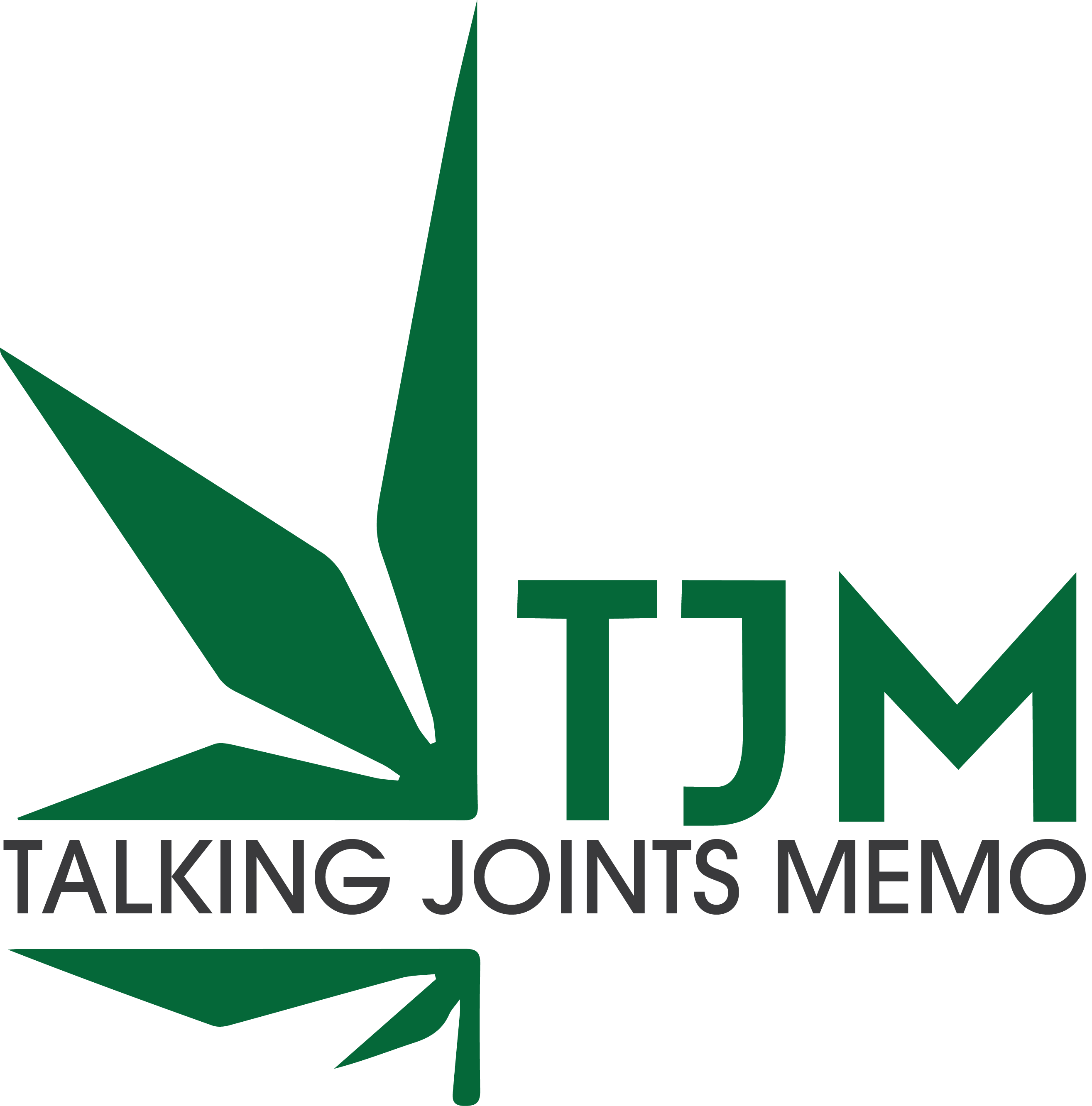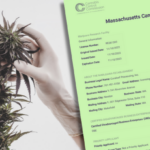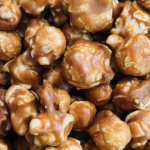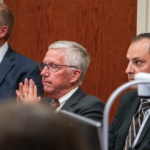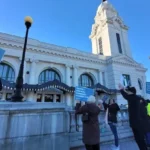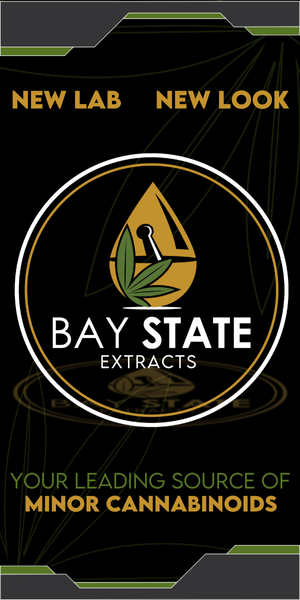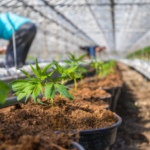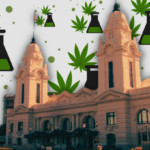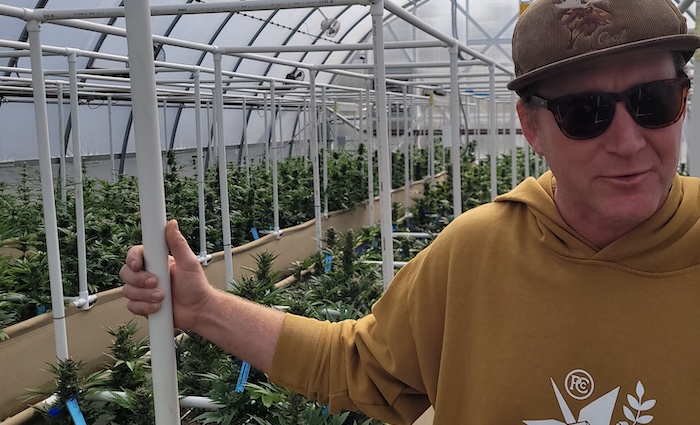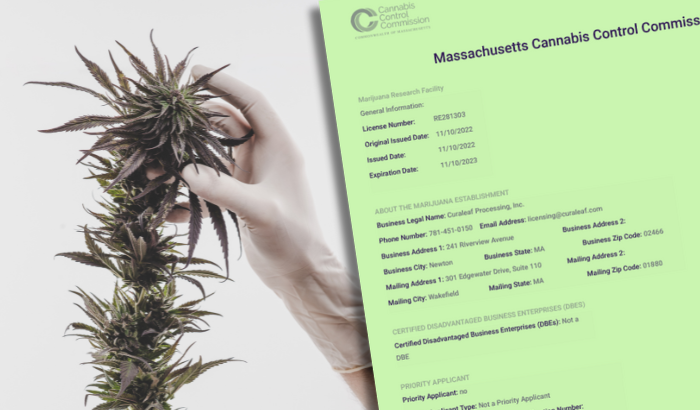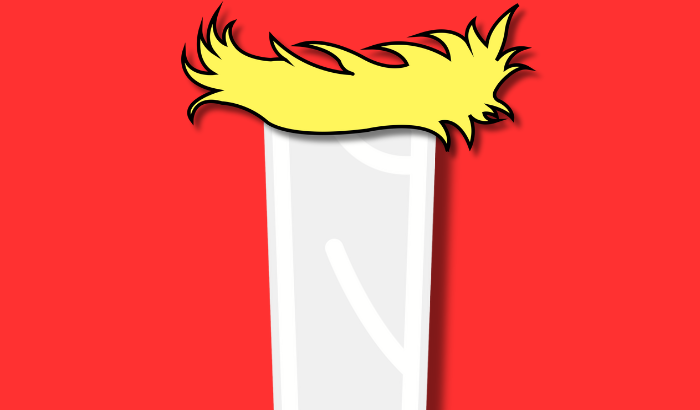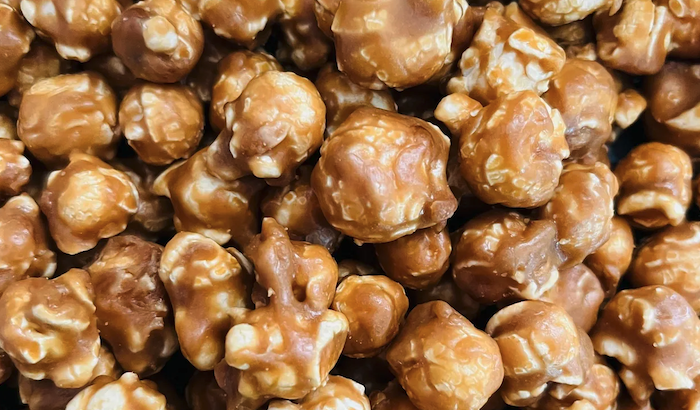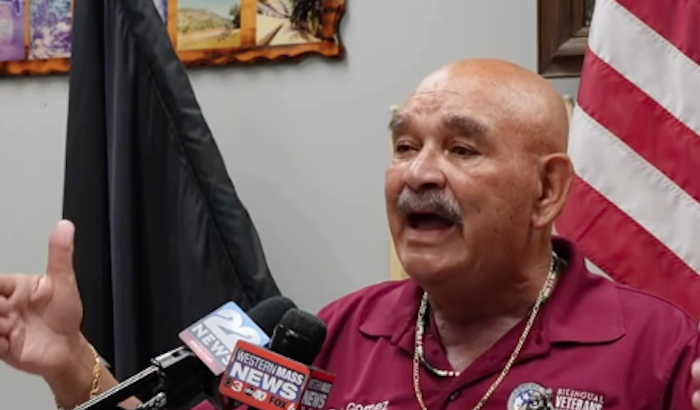
“Nowhere in the world has legal access to the substances in the measure been observed to harm public health.”
Though it hasn’t garnered many headlines outside of the drug advocacy space, including on Talking Joints Memo, the battle circling Question 4 has been full of accusations and misinformation.
For more of the bickering and background, we recommend checking out our extensive coverage of the statewide ballot initiative for regulated access to psychedelic substances, including a recent interview with Massachusetts for Mental Health Options Educational Outreach Director Graham Moore.
In the meantime, the latest exchange between MMHO, the Yes on 4 side, and the Massachusetts Coalition for Safe Communities, the No on 4 side, was spurred by the former’s recent press conference, in which a veteran and two patients spoke in favor of the referendum. In coverage of that event, Question 4 opponents made comments that the pro team took major umbrage with.
Specifically, the Coalition for Safe Communities furnished a statement that read: “It is shameful to deliberately mislead and provide false hope to our brave service members who are battling mental health issues with this dangerous ballot question. … There is no requirement for a licensed medical professional to be on site and little regulation protecting those battling severe mental illness or other medical issues.”
In response, Moore, the educational outreach director for Yes on 4, published an open letter to Dr. Anahita Dua, Chair of the Coalition for Safe Communities. It reads, in part:
Question 4 is not a dangerous policy, so I am hoping this message may convince you to reconsider your stance. As someone who has twice cared for loved ones with severe depression leading to hospitalization, including my best friend who died by suicide, I recognize the high emotional stakes, and I am sympathetic to cautious approaches. But I am also assured by the evidence, including research from the Dana-Farber Cancer Institute, Johns Hopkins, and other leading medical institutions, that the natural psychedelics ballot measure is responsible legislation, benefiting veterans with service-related distress, end-of-life patients, and others with serious mental health struggles.
Nowhere in the world has legal access to the substances in the measure been observed to harm public health. …
Furthermore, in Massachusetts, the deprioritization of arrests related to psychedelics by eight localities, encompassing over 390,000 residents, has not appeared detrimental. …
Especially in light of the observational research suggesting naturalistic psychedelics use is more beneficial than harmful, the removal of criminal penalties for limited personal use, in line with the American Medical Association’s official recommendation in favor of the “elimination of criminal penalties for drug possession for personal use,” does not seem a danger to public health.
Criminalization does not prevent people from accessing psychedelics, but it does force them to navigate a risky underground environment or travel out-of-state to do so. In addition, it perpetuates a stigma that discourages honest communication with healthcare providers about positive as well as adverse experiences.
You can read the whole MMHO letter here.



